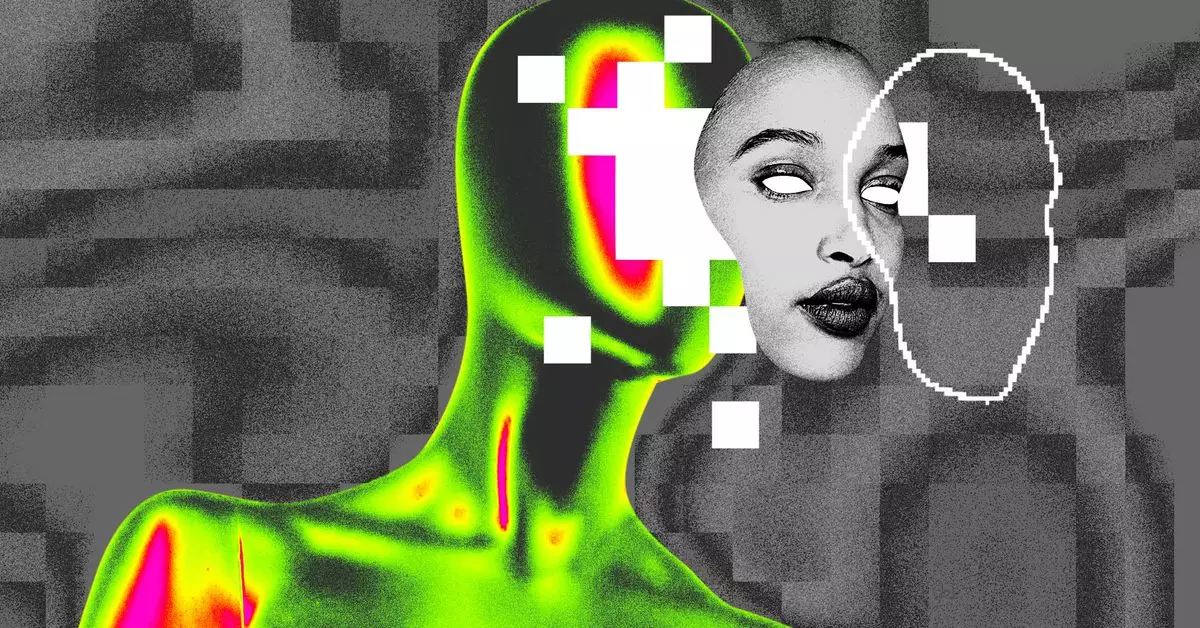Recently, TikTok has announced significant updates concerning the beauty filters available on its platform, aimed at fostering a healthier online environment for its young users. This initiative reflects a growing recognition of the mental health challenges posed by social media, particularly regarding self-image and body positivity among teenagers. As an influential platform that captivates millions, especially younger audiences, TikTok’s measures represent an encouraging step towards prioritizing user well-being.
One of the most eye-catching changes being implemented involves imposing age restrictions on specific beauty filters, which have raised concerns around their potential impact on mental health. Filters that alter appearances to create unrealistic beauty standards—like those that provide smoother skin, longer lashes, or altered facial shapes—will no longer be accessible to users under the age of 18. This decision is underpinned by findings from Internet Matters, a children’s online safety non-profit, which revealed that the regular exposure to modified images can distort the self-perception of young individuals, making it difficult for them to distinguish between real-life appearances and those filtered through social media.
The initiative does allow some leeway for filters designed for humor, such as those adding cartoonish elements to faces or exaggerating features. By differentiating between beautifying filters and light-hearted, obvious effects, TikTok aims to mitigate the negative influences while still allowing creative expression. This new policy is set to be rolled out in various European countries, emphasizing the regional focus of this initiative, although the global implementation details remain uncertain.
The implications of beauty filters go beyond superficial aesthetic changes. Research has indicated that many young users face immense social pressure to conform to unrealistic beauty norms perpetuated by such filters, leading to anxiety, low self-esteem, and body image issues. TikTok’s decision to restrict access to these filters is thus rooted in a broader initiative to encourage authenticity and reduce the pressure to seek validation through altered appearances.
The changes come at a time when overall mental health considerations are increasingly being integrated into the design and functionality of digital platforms. By fostering a community dialogue about the potential dangers associated with certain filters, TikTok has acknowledged its responsibility to protect its younger audience from the damaging effects that come with idealized representations.
In conjunction with these changes, TikTok is also enhancing its support mechanisms for users who may encounter distressful content. New resources will be rolled out in 13 unspecified European nations, offering users direct connections to local helplines for issues ranging from self-harm to harassment. This proactive measure shows TikTok’s commitment to not just limiting harmful content but also providing avenues for support to users grappling with mental health challenges. The platform aims to create an environment where users do not merely feel safe but feel encouraged to authentically express themselves.
Christine Grahn, TikTok’s head of European public policy, articulated the company’s ongoing commitment to safety, stating that user well-being is paramount to ensuring a thriving community on the platform. Such assertions reinforce the notion that social media platforms play a crucial role in shaping the online experience for impressionable users and that they should actively strive to enhance that experience.
As TikTok evolves its approach towards age restrictions on certain features and enhances its support systems, it underscores a larger cultural shift regarding the responsibility of social media platforms towards their users. This emphasis on mental health and safety represents a critical turning point in the relationship between technology and its users, particularly among younger demographics. As the landscape of social media continues to grow, initiatives like TikTok’s remind us of the importance of fostering positive online spaces where authenticity and well-being are prioritized over superficial ideals. The effectiveness of these changes remains to be seen, but the steps taken are undeniably a movement towards a more conscientious digital environment.


Leave a Reply
You must be logged in to post a comment.